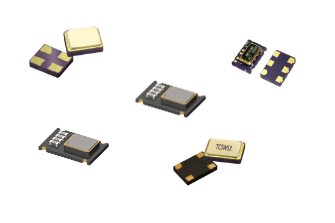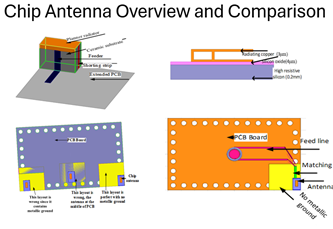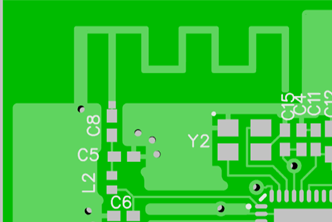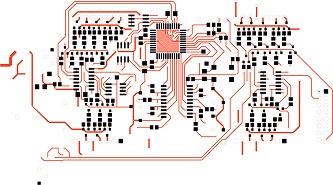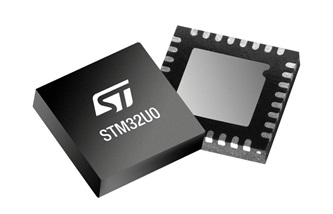This website uses cookies so that we can provide you with the best user experience possible. Cookie information is stored in your browser and performs functions such as recognising you when you return to our website and helping our team to understand which sections of the website you find most interesting and useful.
KDPOF and Hinge Technology Collaborate on Chiplets for Optical Links
KDPOF, a company based in Spain, has recently entered into a strategic partnership with Hinge Technology, a leading firm in China. The collaboration aims to address critical technical challenges in the industrial application of chiplets for optical communications within vehicles. Hinge Technology leverages transceivers from KDPOF to create integrated optical modules that incorporate automotive-grade connectors and optical fiber harnesses, thereby enhancing the electrical electronic architecture (EEA).
One of the key areas of focus for the partnership is the research and development of advanced chip-on-panel (COP) packaging technology utilizing chiplets. This innovative approach is geared towards producing low-cost, high-reliability optical processors, modules, and complementary components tailored specifically for automotive optical communications. By working together, KDPOF and Hinge Technology aim to bolster production capacity for a range of automotive optical communication products.
During the recent Automotive Ethernet Summit held in Shanghai, China, KDPOF and Hinge Technology showcased their inaugural joint project. This project featured a plastic optical fiber camera developed by Hinge Technology, which was based on the KD1053 IC and integrated KD9351 FOT fiber optic transceiver. The camera, when paired with an optical fiber surround view host, enables the creation of a high-speed optical communications 360-degree surround view system or a reverse image system.
The optical fiber camera boasts a 2MP high-quality image sensor for data collection, with the processed information transmitted via plastic optical fiber to the controller for display or processing. Notably, optical fiber cameras offer stable transmission distances of up to 40 meters and deliver high-definition, real-time images, surpassing the limitations of LVDS coaxial cameras.
Furthermore, Hinge Technology conducts rigorous functional verification on mass-produced vehicle models to evaluate various aspects such as packet loss rates, signal transmission losses, heat dissipation of optical modules, and optical connection reliability in diverse road environments. The insights gained from real vehicle verification are shared with KDPOF to address technical challenges related to optical chips effectively.



